Welcome, health enthusiasts! Have you ever found yourself overwhelmed by the vast array of protein supplements available in the market? Fear not, for in this post, we delve into the world of protein supplements with you in mind. If you’ve ever wondered about the benefits of protein supplements, the different types, or how to seamlessly integrate them into your daily diet, this is the ultimate guide for you. Let’s unravel the mysteries surrounding protein supplements together and pave the way for a healthier, more informed lifestyle.
Top Picks for Boosting Your Workout Results


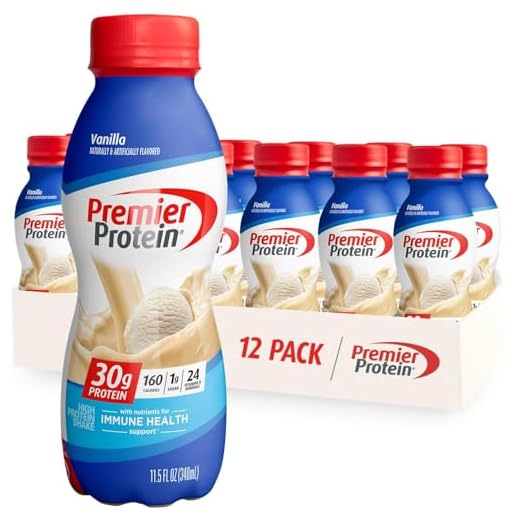
What are Protein Supplements?
Protein supplements are products designed to provide additional protein to support muscle growth, repair, and recovery. They come in various forms such as powders, bars, and ready-to-drink shakes, offering a convenient way to meet your daily protein needs. Let’s delve deeper into the world of protein supplements to better understand their benefits and sources.
Importance of Protein in Muscle Growth and Recovery
Protein is essential for building and repairing muscles, making it a crucial nutrient for athletes, fitness enthusiasts, and anyone looking to improve their physique. When you engage in physical activities like resistance training, your muscles undergo stress and damage. Protein helps repair and rebuild these muscles, leading to muscle growth and improved performance.
Types of Protein Sources in Supplements
Protein supplements can be derived from various sources, each offering unique benefits:
- Whey Protein: One of the most popular protein supplements, whey protein is fast-digesting and rich in essential amino acids. Brands like Optimum Nutrition Gold Standard Whey and Dymatize ISO100 are well-known for their quality whey protein powders.
- Casein Protein: Known for its slow-release properties, casein protein is ideal for sustaining muscle protein synthesis over a longer period. Products like MuscleTech Nitro-Tech Casein Gold provide a steady supply of protein for prolonged muscle recovery.
- Plant-Based Protein: Plant-based protein supplements cater to individuals following vegetarian or vegan diets. Brands like Vega, Garden of Life, and Orgain offer plant-based protein powders made from sources like pea, rice, or hemp protein.
Benefits of Protein Supplements
Protein supplements offer several advantages for fitness enthusiasts:
- Convenient way to increase daily protein intake
- Faster muscle recovery post-workout
- Supports muscle growth and strength gains
- Helps maintain lean muscle mass during weight loss
Choosing the Right Protein Supplement
When selecting a protein supplement, consider factors such as protein content per serving, taste preferences, dietary restrictions, and budget. Compare different products based on these criteria to find the one that aligns with your fitness goals and lifestyle.
By incorporating protein supplements into your diet strategically, you can optimize your muscle-building efforts and enhance your overall fitness journey. Remember, consistency and proper nutrition are key to achieving your desired results.
Types of Protein Supplements
Protein supplements have become a staple in the fitness and health industry, offering a convenient way to boost protein intake and support muscle growth and recovery. Understanding the different types of protein supplements available can help you choose the one that best suits your goals and preferences.
Whey Protein
- Description: Whey protein is one of the most popular and widely used protein supplements. It is derived from milk during the cheese-making process.
- Brands: Optimum Nutrition Gold Standard Whey, Dymatize ISO100
- Benefits:
- Rapid absorption for quick delivery of amino acids to muscles
- High in essential amino acids, particularly leucine, which is crucial for muscle protein synthesis
- Supports muscle recovery and growth
Casein Protein
- Description: Casein is another protein derived from milk, but it is digested and absorbed more slowly than whey.
- Brands: MuscleMilk Genuine Protein Powder, Optimum Nutrition Gold Standard 100% Casein
- Benefits:
- Sustained release of amino acids over several hours, making it ideal for nighttime use or between meals
- Helps prevent muscle breakdown during fasting periods, such as overnight
Soy Protein
- Description: Soy protein is a plant-based protein source derived from soybeans.
- Brands: Now Sports Soy Protein Isolate, Bob’s Red Mill Soy Protein Powder
- Benefits:
- Suitable for vegetarians and vegans
- Contains all essential amino acids
- May have additional health benefits such as improving heart health and reducing cholesterol levels
Plant-Based Proteins
- Description: Plant-based proteins are sourced from plants like peas, rice, hemp, and quinoa.
- Brands: Vega Sport Protein, Garden of Life Organic Plant-Based Protein
- Benefits:
- Easily digestible and may be gentler on the stomach
- Environmentally friendly and sustainable
- Rich in antioxidants, fiber, and other nutrients
By understanding the differences between whey, casein, soy, and plant-based proteins, you can select the protein supplement that aligns with your dietary preferences, fitness goals, and lifestyle. Each type offers unique benefits, so consider experimenting with different options to find the one that works best for you.
How to Choose the Right Protein Supplement
When it comes to selecting a protein supplement, the options can be overwhelming. With countless brands and variations available, it’s important to know what to look for to make an informed decision that aligns with your health and fitness goals. Here are some key factors to consider:
Protein Content
1. Whey Protein: Known for its quick absorption and high amino acid profile, whey protein is a popular choice for muscle recovery and growth.2. Casein Protein: This slower-digesting protein is ideal for sustaining muscle protein synthesis over a longer period, making it a good option before bed.3. Plant-Based Protein: For those with dietary restrictions or preferences, plant-based options like pea, soy, or hemp protein provide a vegan-friendly alternative.
Additives
When choosing a protein supplement, pay attention to the ingredient list. Look for products with minimal additives, artificial flavors, or sweeteners. Opt for options that are free from unnecessary fillers and chemicals.
Flavor
Protein supplements come in a variety of flavors, from classic chocolate and vanilla to more unique options like cookies and cream or salted caramel. Consider your taste preferences and how you plan to incorporate the supplement into your daily routine.
Personal Dietary Goals
Consider your dietary goals when selecting a protein supplement. Are you looking to build muscle, lose weight, or simply increase your protein intake? Different formulations may be better suited to specific objectives, so choose a product that aligns with your individual needs.
Common Misconceptions
1. Protein = Bulking Up: Contrary to popular belief, protein supplements can be beneficial for individuals looking to maintain or lose weight, not just those aiming to bulk up.2. All Proteins Are Equal: Not all protein supplements are created equal. Factors like amino acid profile, bioavailability, and processing methods can impact the quality and effectiveness of a product.
By considering these factors and dispelling common misconceptions, you can make an informed decision when choosing the right protein supplement for your needs. Remember, the best protein supplement is one that fits seamlessly into your lifestyle and supports your health and fitness goals.
Protein supplements have become increasingly popular among individuals looking to enhance their fitness goals or boost their overall protein intake. However, many people are unsure of how to effectively incorporate these supplements into their daily diet. In this blog section, we will provide practical tips and suggestions on how to seamlessly integrate protein supplements into your meals and snacks.
Choosing the Right Protein Supplement
When it comes to selecting a protein supplement that suits your needs, there are various options available on the market. Here are some common types of protein supplements to consider:
- Whey Protein: A fast-absorbing protein derived from milk, ideal for post-workout recovery.
- Casein Protein: A slow-digesting protein that can be consumed before bed to support muscle repair during sleep.
- Plant-Based Protein: Suitable for vegetarians and vegans, with options like pea, soy, or hemp protein.
- Collagen Protein: Known for its benefits for skin, hair, and joint health.
Incorporating Protein Supplements into Meals
Breakfast
- Add a scoop of whey protein to your morning smoothie for a quick and convenient protein boost.
- Make protein pancakes using a plant-based protein powder as a nutritious and filling breakfast option.
Lunch
- Mix collagen protein powder into your soup or salad dressing for an added protein punch without altering the taste.
Dinner
- Replace a portion of meat in your stir-fry or pasta dish with plant-based protein crumbles for a lighter yet protein-rich meal.
Snack Ideas
- Enjoy a protein bar as a satisfying on-the-go snack between meals.
- Dip apple slices in nut butter for a balanced snack that combines protein and healthy fats.
Maximizing the Benefits of Protein Supplementation
- Timing: Consume protein supplements within 30 minutes of finishing a workout to support muscle recovery and growth.
- Portion Control: Be mindful of serving sizes to avoid consuming excess protein, which may not be utilized by the body efficiently.
- Hydration: Drink an adequate amount of water when consuming protein supplements to aid digestion and absorption.
By incorporating protein supplements strategically into your diet, you can optimize your protein intake and support your health and fitness goals effectively. Experiment with different types of protein supplements and recipes to find what works best for you. Remember to consult with a healthcare provider or nutritionist before making significant changes to your diet.
Final Thoughts
In conclusion, understanding protein supplements is vital for anyone seeking to enhance their performance or increase their protein intake. It is important to consider your dietary requirements, preferences, and fitness objectives when selecting a protein supplement. By making an informed choice based on these factors, you can maximize the benefits of protein supplementation tailored to your individual needs.
Protein Supplement FAQs
What are the different types of protein supplements available?
There are several types of protein supplements available, including whey protein, casein protein, soy protein, pea protein, and rice protein. Whey protein is one of the most common and is quickly absorbed by the body. Casein protein is slower to digest, making it a good option for a sustained release of protein. Soy protein is a plant-based option suitable for vegetarians and vegans. Pea protein and rice protein are also plant-based options that are easily digestible and suitable for those with allergies or sensitivities to other types of protein.
What are some common misconceptions about protein supplements and how can they be addressed?
One common misconception about protein supplements is that they are only for bodybuilders or athletes. In reality, protein supplements can be beneficial for anyone who struggles to meet their daily protein needs through whole foods alone, such as vegetarians or older adults. This misconception can be addressed by educating the public on the diverse benefits of protein supplements and how they can support overall health and wellness.
Another misconception is that protein supplements are harmful to the kidneys. While excessive protein intake can potentially strain the kidneys in individuals with pre-existing kidney issues, moderate consumption of protein supplements is generally safe for healthy individuals. This misconception can be addressed by encouraging individuals to consult with a healthcare provider or a registered dietitian to determine their individual protein needs and ensure proper consumption.
Overall, addressing misconceptions about protein supplements involves providing accurate information, promoting individualized dietary choices, and emphasizing the importance of balanced nutrition.
Are there any potential side effects or risks associated with taking protein supplements?
Yes, there are potential side effects or risks associated with taking protein supplements. Some common side effects include digestive issues such as bloating, gas, and stomach cramps. Consuming excessive amounts of protein supplements may also put strain on the kidneys and liver. In some cases, people may be allergic to certain protein sources, leading to allergic reactions. It is important to consult with a healthcare professional before starting any new supplement regimen to ensure it is safe and appropriate for you.
How should one choose the right protein supplement for their fitness goals?
When choosing the right protein supplement for your fitness goals, consider factors such as your dietary restrictions, fitness objectives, taste preferences, and budget. Evaluate the protein content, source (e.g., whey, casein, plant-based), and additional ingredients in the supplement. It is also important to select a reputable brand that undergoes third-party testing for quality and safety. Consulting with a nutritionist or fitness expert can help you make an informed decision based on your individual needs.
How do protein supplements benefit athletes and fitness enthusiasts?
Protein supplements benefit athletes and fitness enthusiasts by providing a convenient and quick source of protein that can help with muscle recovery and growth. They can also help individuals meet their daily protein requirements, especially for those who have higher protein needs due to intense training or specific fitness goals. Protein supplements can be an easy way to increase protein intake without consuming large amounts of food, making them a popular choice for many athletes and fitness enthusiasts.
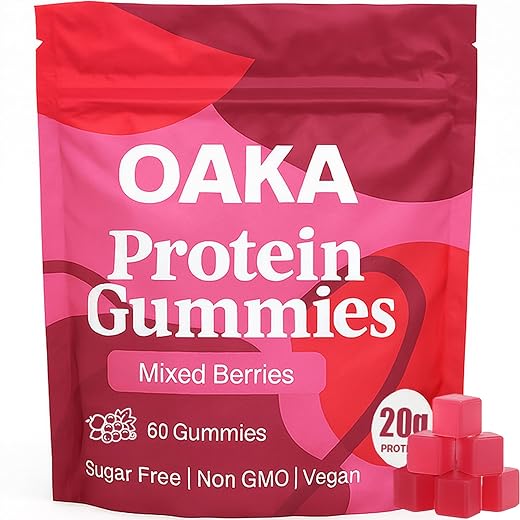
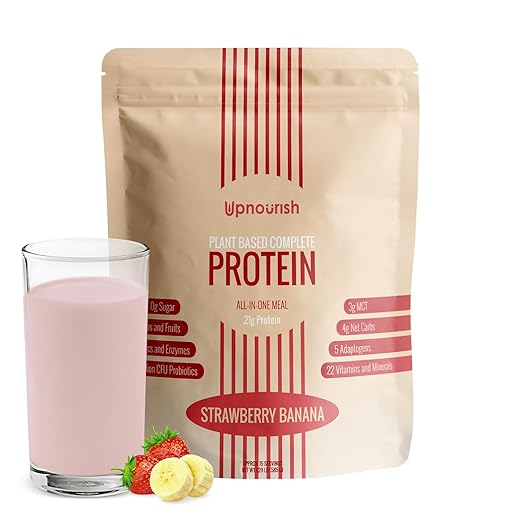
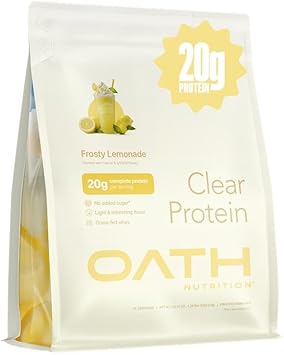
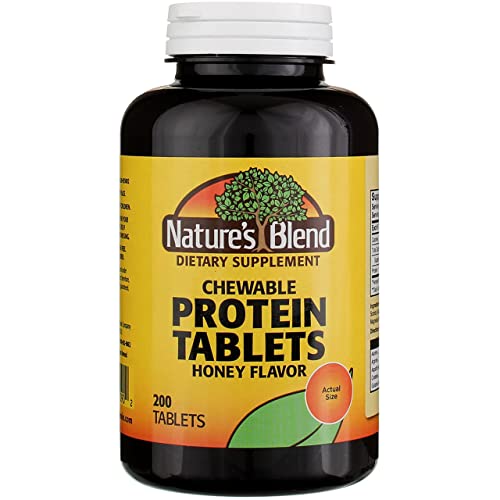
Leave a Reply